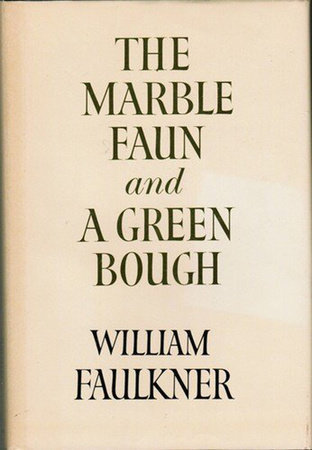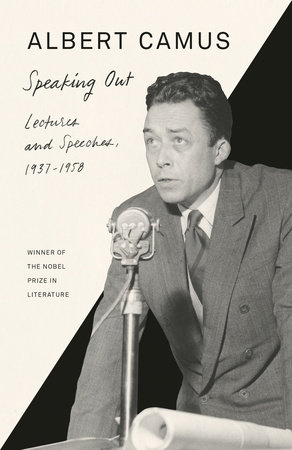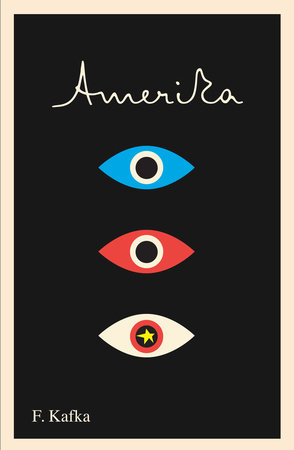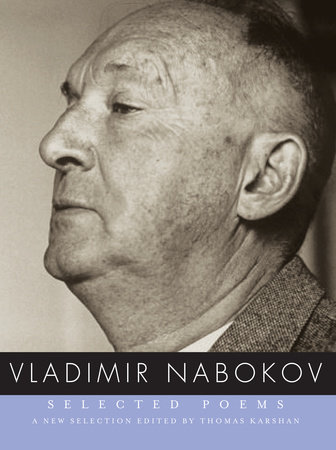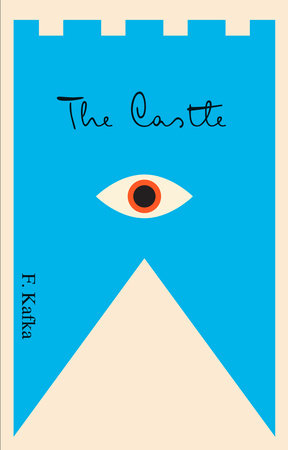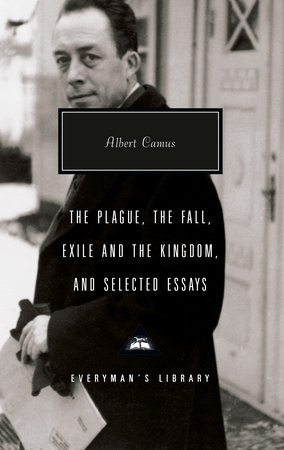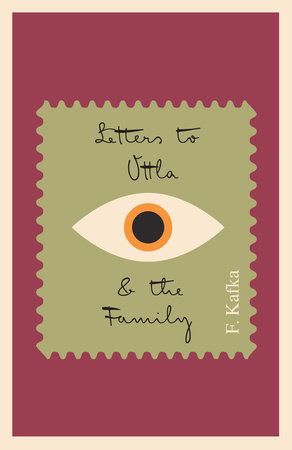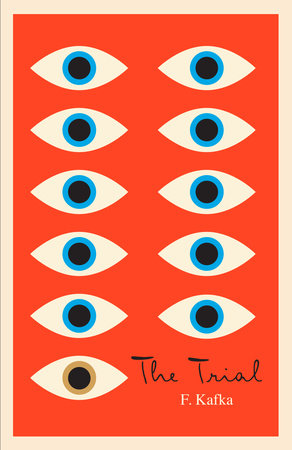Including: Susan B. Anthony Simone de Beauvoir W.E.B. Du Bois Hélène Cixous Betty Friedan Charlotte Perkins Gilman Emma Goldman Guerrilla Girls Ding Ling • Audre Lorde John Stuart Mill Christine de Pizan Adrienne Rich Margaret Sanger Huda Shaarawi • Sojourner Truth Mary Wollstonecraft Virginia Woolf
The Essential Feminist Reader is the first anthology to present the full scope of feminist history. Prizewinning historian Estelle B. Freedman brings decades of teaching experience and scholarship to her selections, which span more than five centuries. Moving beyond standard texts by English and American thinkers, this collection features primary source material from around the globe, including short works of fiction and drama, political manifestos, and the work of less well-known writers.
Freedman’s cogent Introduction assesses the challenges facing feminism, while her accessible, lively commentary contextualizes each piece. The Essential Feminist Reader is a vital addition to feminist scholarship, and an invaluable resource for anyone interested in the history of women.






